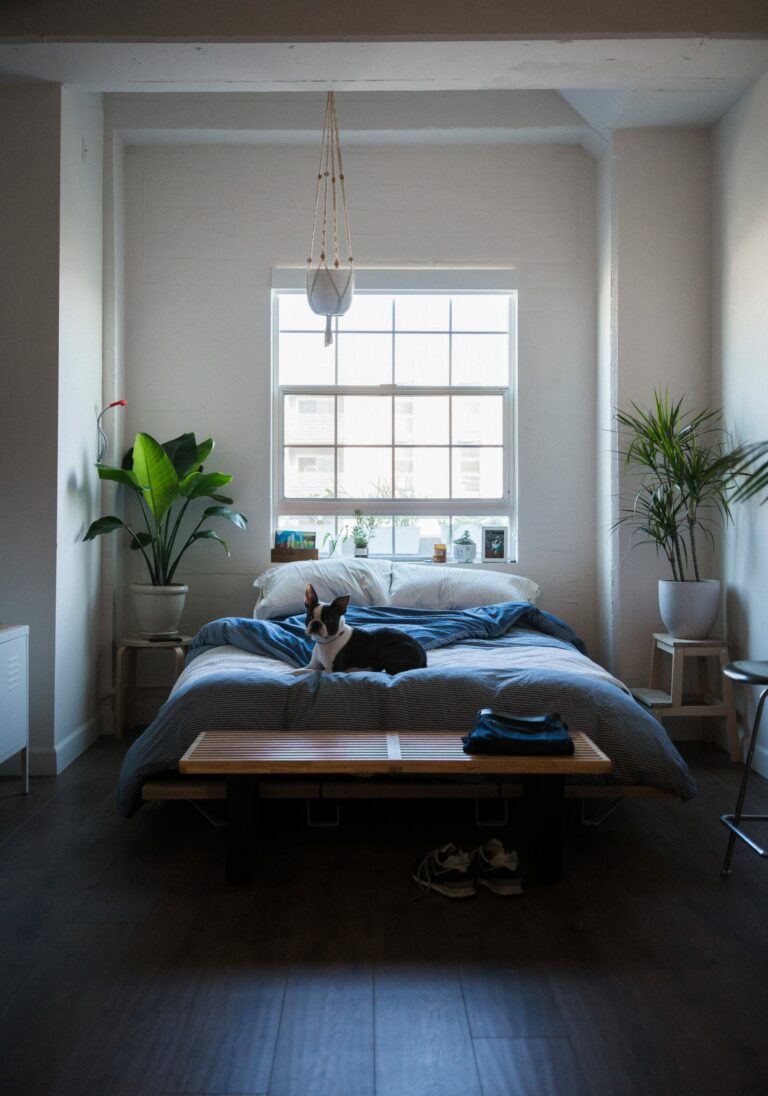Jon Graham, Owner of Dwell Estate and Lettings Agency in Leeds explains the implications of HMO’s versus traditional buy to let properties or property portfolios and commercial Real Estate portfolios.
HMO stands for a “House in Multiple Occupancy”. This refers to a privately owned building which is rented out to tenants individually on a bedroom-by-bedroom basis rather than to a whole household.
With a traditional buy-to-let, tenants pay for the whole property during their stay. HMO’s see tenants paying only for their bedroom, with the communal living areas belonging wholly to the landlord. The landlord simply provides their tenants with certain amenities in communal living areas.
Due to the assumed increased health and safety risks of unfamiliar people living together, and a reported trend in unscrupulous landlords overcrowding their properties, the government have introduced additional regulations that a property needs to pass in order to be licenced to be rented out as an HMO.
HMO licence laws place regulations on certain features of the property, as well as the landlord them-self. In particular, the regulations focuses on:
- The level of risk to health and safety in the building
- The condition and provision of amenities in the communal living areas of the property
- The size of bedrooms in the property
- The intentions of the landlord in converting their property into an HMO
What health and safety regulations are required for an HMO licence
The majority of health and safety regulations required to obtain an HMO licence revolve around fire safety.
Given that HMOs may well be rented out to a group of people who have never met before moving in together, there needs to be a shared fire safety strategy (a plan of action in case of a fire) that is agreed upon and accessible to all. This fire safety strategy needs to be held in print somewhere in the communal areas of the building.
The fire safety strategy needs to be backed up by having a signposted fire exit that is accessible to all tenants. The room in which the designated fire exit is needs to have fire doors fitted. It is the landlords responsibility to make these changes to their HMO.
Interlinked smoke alarms need to be fitted in all communal rooms of the building, with heat detectors in kitchens. Kitchens should also have a fire extinguisher.
Finally, gas safety checks need to be carried out by a professional annual, with electrical safety checks carried out every 5 years.
What communal facilities does an HMO landlord need to provide to their tenants?
The official laws on what an HMO landlord needs to provide their tenants in the communal areas of their property are quite vague, simply stating that “adequate cleaning and washing facilities” need to be provided.
In most cases, adequate facilities are considered to be one shower and toilet for every 3 tenants. A hob and an oven in the kitchen, along with sufficient refrigeration space is generally enough to pass the requirement of providing adequate cooking facilities.
The size of a kitchen will also be considered when your HMO is inspected for licencing, however there are no absolute rules for what minimum size it must be.
HMOs also need to have outdoor waste disposal areas that are collected on a regular basis by the local council.
Communal areas also need to be of sufficient condition to allow tenants to live “in decency”, and if bills are included in the rent then a landlord must provide sufficient heating to tenants. It is a good idea for a landlord and tenants to agree upon what is a reasonable energy usage for each month and then charge tenants outside of the rent if these limits are greatly exceeded.
An HMO landlord has no obligation to provide their tenants with a dedicated living room.
What are the required bedroom sizes for HMOs
In order to rent out a room in an HMO, the room in question needs to have a minimum amount of floorspace. This is to stop landlords from converting small utility rooms into bedrooms and overcrowding their properties.
Minimum room sizes for HMOs are as follows:
- Single rooms occupied by a tenant over the age of 10 years old must have at least 6.51m2 of floor space
- Rooms rented out to two tenants require a minimum floor space of 10.22m2
- Single rooms rented out to a tenant under the age of 10 needs to have a minimum floor space of 4.64m2
Only floor space where the floor-to-ceiling height is 150cm or over counts in this measurement. Therefore if one of the bedrooms in your property has a slanted roof you may have to measure out the room to make sure that it is compliant.
What are the requirements of a landlord in order to obtain an HMO licence?
To obtain an HMO licence, all landlords need to pass a “fit and proper persons test”. The main purpose of this test is to minimise the chances of a landlord either letting out their HMO to facilitate criminal activity, or financially exploiting their tenants.
A fit and proper persons test for an HMO landlord essentially involves a criminal background test. If you have no criminal record to speak of then passing it should be a formality.
If you do have a criminal record then your case will be judged on an individual basis. If your crime is financially based or involves the exploitation of vulnerable people then you are far less likely to pass the fit and proper persons test.
What body is in charge of HMO licencing?
HMO licences are awarded by the local council. They are the ones who carry out all the required inspections. You apply for an HMO licence through your local council’s website.
HMO licences need to be renewed every 5 years. Each renewal involves a repeat inspection of your property to make sure that all regulations are still adhered to. If your property falls short of requirements, you will be given a window of time to make the required changes to get it up to standard.
Failure to renew your licence, or get your property up to standard can see a landlord lose their HMO licence. If a landlord rents out their property as an HMO without a licence they can face a fine of up to £20,000 and potentially end up with a criminal record.
Author Bio: Jon Graham is the owner of Dwell Estate and Lettings Agency in Leeds.
Horner Blakey Insurance Brokers continue to work with clients who invest in HMO’s (House in Multiple Occupancy) with access to specialist insurers who will offer cover in this area. For more information or insurance advice tailored to your individual needs please contact Jason Ellis on 020 7929 0108.




